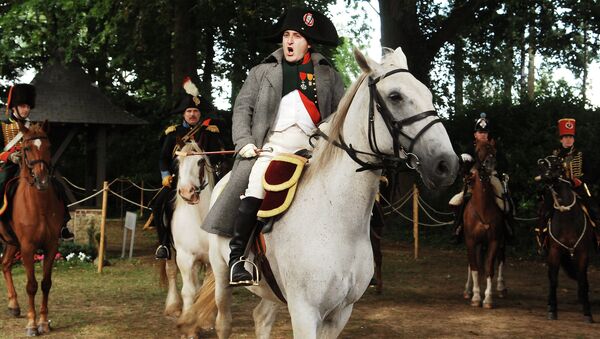This particular expedition, scheduled for April, is a part of a large project called Waterloo Uncovered which “aims to transform our understanding of the battle that created modern Europe and ended the Napoleonic era” according to the project’s official website. The research team includes archaeologists and British army veterans from the Coldstream Guards, who played a decisive role in the battle 200 years ago. The main focus of the Waterloo dig is to find the mass graves of Napoleon’s and Allied army's soldiers who fell in battle. The estimated casualties from the battle stand at approximately as the 47000 from both sides, yet there are no markings or tombstones placed anywhere.
The second aim of the project is being carried out in collaboration with Operation Nightingale, an initiative to rehabilitate war veterans. Many ex-servicemen return from conflict PTSD (Posttraumatic stress disorder) and struggle to get back to normal life. The program is intended to provide them with vocational skills through archaeology, providing them with a better quality of life.
The Battle of Waterloo is a milestone in European history, the last battle of the French Emperor Napoleon Bonaparte. Bonaparte’s army faced allied British-Prussian forces under the command of the Duke of Wellington and Gebhard von Blücher on 18 June 1815. Napoleon was defeated in battle and was eventually exiled from France.


